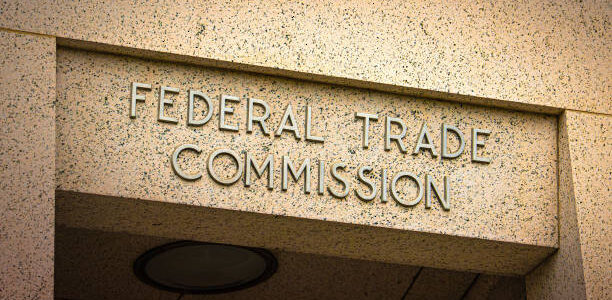BlogLine
Texas court invalidates Federal Trade Commission ban against non-competition agreements nationwide
8/21/24

A Federal Trade Commission regulation that would have banned most non-competition agreement was invalidated yesterday by a Texas federal judge in Ryan LLC, et al. v. Federal Trade Commission, Civil Action No. 3:24-CV-00986-E (N.D. Texas 8/20/24). Significantly, the ruling is not limited to the parties and has immediate nationwide effect. The FTC’s ban on noncompete agreements was scheduled to go into effect on September 4, 2024 and would have prohibited most non-compete agreements that affect an estimated 30 million employees nationwide.
The FTC relied on 15 U.S.C. § 46(g), which authorizes the FTC “to make rules and regulations for the purpose of carrying out the provisions of this subchapter.” However, in granting summary judgment in favor of the plaintiff (and intervenor plaintiffs), the court held that this statute only authorized the FTC to issue procedural or “housekeeping” rules, not substantive rules. In reaching this conclusion, the court relied on the statute’s structure and history, as well as the absence of a penalty provision in § 46(g), which meant that it only authorized the FTC to issue procedural or interpretative rules. The FTC also relied on 15 U.S.C. § 57a, which authorizes the FTC to issue substantive rules dealing with unfair or deceptive practices. However, the court explained that was different from substantive rules addressing unfair methods of competition.
Even if the FTC had the statutory authority to adopt the ban on noncompete agreements, the court held that the ban was arbitrary and capricious under the Administrative Procedures Act. The court concluded that the ban was unreasonably overbroad and that the FTC failed to explain why a categorial ban was required instead of targeting specific, harmful non-compete agreements. In this regard, the court held that the FTC failed to adequately address alternatives to the categorial ban against most non-compete agreements.
Finally, as noted above, the court’s ruling invalidating the FTC’s ban against most non-compete agreements applies nationwide. In doing so, the court cited Braidwood Mgmt., Inc. v. Becerra, 104 F.4th 930, 951 (5th Cir. 2024), which held that when the regulations of a federal agency are set aside, such a ruling has “nationwide effect” is “not party-restricted” and “affects persons in all judicial districts equally.”
A Pennsylvania judge upheld the FTC ban in denying a motion for preliminary injunction in July. A Florida federal judge issued a preliminary injunction against the rule last week, but the ruling was limited to the plaintiffs. Appeals in all three cases are considered likely.
Employers should continue to monitor developments in cases challenging the FTC ban, including whether appeals are filed in the cases discussed above. However, for now at least, employers no longer need to send out notices to employees advising them that their non-compete agreements are no longer valid or enforceable. Nevertheless, employers should be mindful that state-specific restrictions on non-compete agreements remain in effect. Moreover, employers should not overlook the fact that the National Labor Relations Board’s general counsel suggested in May 2023 that non-competition agreements not involving supervisors might unlawfully chill employee’s rights under the National Labor Relations Act.
For more information, please contact William H. Buechner, Jr. at bbuechner@fmglaw.com or your local FMG attorney.
Share
Save Print
